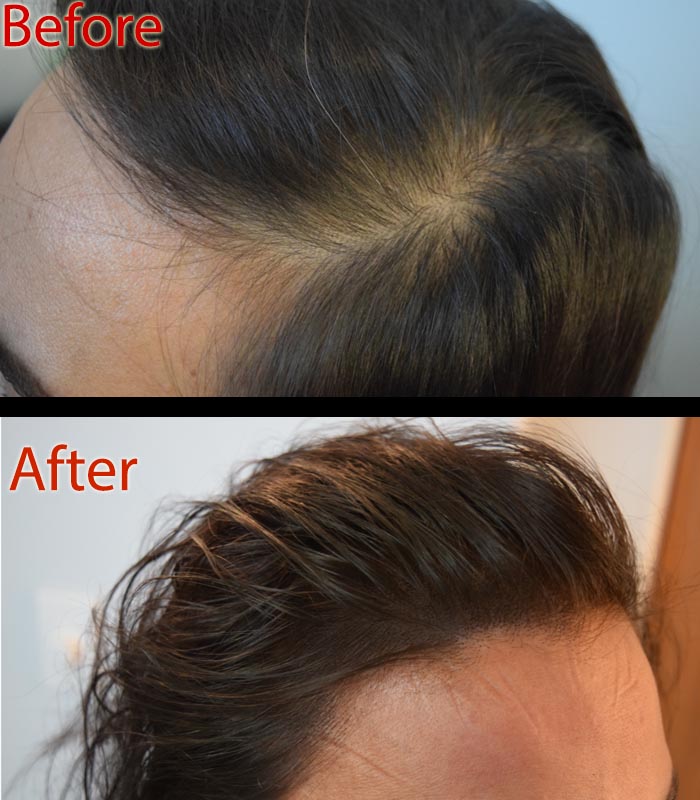Aloe vera, a succulent plant renowned for its soothing gel, has garnered significant attention as a potential treatment for hair fall. Its popularity stems from anecdotal evidence and the plant’s reputation for skin and hair benefits. However, the scientific consensus on the efficacy of aloe vera for hair loss remains inconclusive.
The Allure of Aloe Vera for Hair Loss
Proponents of aloe vera for hair loss often cite its hydrating properties, claiming it can alleviate dry scalp, a common factor in hair thinning. Additionally, the plant contains certain enzymes and antioxidants that might potentially soothe an irritated scalp. Some studies have even suggested that aloe vera possesses anti-inflammatory properties, which could be beneficial for certain hair loss conditions.
While these properties sound promising, it’s essential to approach aloe vera with a critical eye. Many hair care products incorporate aloe vera due to its widespread appeal, but the concentration of active ingredients in these products can vary significantly. Moreover, the application method, such as topical application or oral consumption, can influence its potential effectiveness.
The Science Behind Aloe Vera and Hair Loss
Despite the promising claims, concrete scientific evidence supporting aloe vera as a standalone treatment for hair fall is relatively scarce. While some studies have shown potential benefits for specific hair loss conditions, such as alopecia areata, these findings are often limited in scope and require further investigation. It’s crucial to approach aloe vera as a potential adjunct to a comprehensive treatment regimen rather than a sole solution.
To understand the potential of aloe vera for hair loss, it’s essential to differentiate between anecdotal evidence and scientific research. While many individuals report positive experiences using aloe vera-based products, these claims often lack rigorous scientific backing. Moreover, the complex nature of hair loss, with multiple potential causes, makes it challenging to isolate the impact of aloe vera on hair regrowth.
Ideally, one natural remedy that works on a person may not show the same results for another, depending on various factors. The effectiveness of hair loss treatment, especially with DIY remedies, depends on whether the cause of hair shedding is addressed. It also depends on stress, lifestyle, medication, and disease.
Scalp Micropigmentation: A Proven Alternative
For individuals experiencing significant hair loss, scalp micropigmentation (SMP) offers a more effective and permanent solution. This innovative technique involves depositing pigment into the scalp to mimic the appearance of hair follicles, creating a natural-looking illusion of hair.
Unlike aloe vera, which provides uncertain results, SMP delivers immediate and visible outcomes.
SMP has gained popularity as a viable option for those seeking to restore their hairline or camouflage thinning areas. The procedure is relatively quick, minimally invasive, and requires minimal downtime. It’s important to choose a qualified and experienced SMP practitioner to achieve optimal results.
Conclusion
While aloe vera can be a soothing and hydrating agent for the scalp, it should not be solely relied upon for hair loss treatment. For those seeking a more definitive and long-lasting solution, scalp micropigmentation presents a viable and effective alternative.
Get in touch with scalp experts in Arizona to get started with the hair loss treatment. SMP is a scalp camouflage treatment that hides hair loss and creates the appearance of hair follicles. Arizona SMP professionals at DermiMatch Clinic can help you get realistic looking results that do not look fake.

